Daily Caloric Intake – Many people ask what their daily caloric intake should be to maintain a healthy diet. They’re often surprised to find out that we don’t encourage calorie counting (or any form of “counting” food) at all!
This often causes confusion as to whether the Clean Cuisine lifestyle can work for weight loss. Our answer? Absolutely! I assure you that if you have extra pounds to lose, following a clean eating lifestyle like we promote here at Clean Cuisine will help you lose weight. The best part? You won’t have to count a single calorie… and that’s because all calories are not equal! Keep reading to learn more.

Daily Caloric Intake
We’ve all heard the generalized recommendation of 2,000 calories per day for women, and 2,500 per day for men. And while this is a general rule that fluctuates based upon a persons height, weight, and activity levels, it’s also one that encourages the idea that all calories are equal. Believe it or not, there are many people out there that preach the ideology that food is simply calories in, calories out. They also believe that there aren’t positive or negative consequences based upon the foods one chooses. This couldn’t be further from the truth! We believe a healthy diet all boils down to nutrient-dense, clean foods, and intuitive eating.
All Calories Are Not Equal
“Calorie counting has become unhelpful,” David Kirchhoff stated on the Weight Watchers International website. Words you never thought you’d hear from the president of a $2.7 billion weight-loss empire. “When we have a 100-calorie apple in one hand and a 100-calorie pack of cookies in the other, and we view them as being ‘the same’ because the calories are the same, it says everything that needs to be said about the limitations of just using calories in guiding food choices.” I couldn’t have said it better myself. Caloric daily intake is not the end-all be-all.
Think about it…while there’s around 110 calories in a 1 cup of Froot Loops, there’s actually more calories in 1 cup of sliced bananas, coming in at over 130 calories. However, while Froot Loops are highly processed, and filled with inflammatory ingredients like dyes and refined-sugar, bananas are LOADED with phytonutrients, anti-inflammatory components, and health benefits. You absolutely do not have to be a health expert to decide which one is better for you. Not only would the banana be a better health choice, but the body also processes it in a totally different way. More on this later.
This leads us into our next point…
Calorie Counting Diets Are Not Based on Good Science
When calories are burned in a laboratory, they are indeed created equal, and the same amount of energy is released. In the lab, there is no difference between 500 calories of carrots and 500 calories of carrot cake. But don’t let this fool you. As a weight loss surgeon who has worked with thousands of patients who battle obesity, I (Andy Larson) can tell you that your body handles the calories from carrots and carrot cake very, very differently.

Carrots and carrot cake are absorbed at completely different rates. They also have totally different amounts of nutrients, fiber, antioxidants, carbohydrates, fat, and protein. All of this affects health, weight, oxidative stress, hunger, and metabolic rate at the cellular level. The more nutrients per calorie you eat, in this case by choosing carrots over carrot cake, the better protection you’ll have against disease and the slower you’ll age. You’ll also weigh less and be less hungry.
What is Intuitive Eating?
Like we mentioned earlier, we believe a healthy diet all boils down to nutrient-dense, clean foods, and intuitive eating. So what is intuitive eating? Well, it’s much different than the most common belief that intuitive eating simply means eating whatever junk food you want, whenever you feel like it. If this were the case, for most people, this would include grabbing fast food a couple of times a day, and making their way through a tub of Ben and Jerry’s Ice Cream in the evening. And frankly, there’s a very good reason for this. With refined-sugar and other addictive food additives hidden in nearly all of our food here in America, most American’s are highly addicted to sugar and processed foods without even realizing it! Here’s a great article on What Causes Food Addiction.
Thankfully, there are ways to overcome this,. With some work, you can reset your body to its natural state, before becoming addicted to the toxic foods in our culture. Here at Clean Cuisine, we don’t believe in deprivation, especially when it comes to our favorite foods! So instead of restricting, we encourage you to make swaps! Continue enjoying all of your favorite foods, but swap out the ingredients for cleaner versions for a food you can enjoy, and feel great after eating!
Intuitive eating actually fits perfectly into a healthy diet and positive relationship with food. Intuitive eating simply means being in-tune with your body. This, so much so that you can gauge the types of nutrient-dense food it needs, and when. In order to practice intuitive eating in a positive way, you must take time to put in the work necessary to first, clean up your diet and eradicate your body of any food addictions (click here to learn How to Stop Sugar Cravings). Secondly, you must learn to listen to the signs and signals your body gives you in choosing the foods that will make you feel your best, and keep you well nourished.
To get to this point, I began by keeping a food journal for a few months. Every single time I put any food in my body, I would record what I ate, how I felt, and any symptoms, either internal or external that appeared. Overtime, I grew more and more in-tune with my body. This really taught me how to listen to its signals before the signals became red alerts.
Free of all food addictions, now, when my body begins craving something, I know it’s because that food will serve, heal, and provide the proper nutrients my body is asking for. While there is a lot of work on the front-end, it’s totally worth it in the long run!
Healthy Food Swaps
Like we mentioned earlier, we never agree with depriving yourself, only making the most delicious swaps! Try some of our favorite “junk food” swaps by clicking the links below!
Barbeque Pizza: In LOVE with pizza as much as we are? Nothing beats this Homeamde Barbeque Pizza! Click here for the recipe.
Recipe for Chicken Nuggets: Recipe for Chicken Nuggets are delicious enough that the whole family will love them. Plus, our recipe for chicken nuggets is gluten free! Click here for the recipe!
Carrot Fries: Crisp and perfectly air-fried, these Carrot Fries are the perfect way to get in more veggies. They are also great for adding variety to your meals. Click here for the recipe!
Homemade Chocolate Ice Cream: This clean homemade chocolate ice cream recipe is dairy free and has no refined sugar. Click here for the recipe.
Monster Cookies: These cookies are full of oats, fruit, and seeds. Because of this, they pack in just as much nutrition as they do sweetness. Click here for the recipe!
The Case for Nutrients
What is of utmost importance when choosing foods is getting enough nutrients. Contrary to what you might think, your brain—not your gut—plays the biggest role in your appetite, and your brain craves nutrients. If you starve your brain of nutrition you will experience a constant, nagging hunger that can lead you to over consume calories. And, as I (Andy) see daily, even those patients who have eaten thousands of extra empty calories, and consequently weigh in excess of 100 pounds more than their ideal body weights are often still always hungry. This is because the calories they eat are non-nutritive calories.
When it comes to health and weight management, there’s just no way around the fact that nutrients matter. Counting calories is a waste of time; you have to make your food count nutritionally if you want to look and feel your best and age slower.
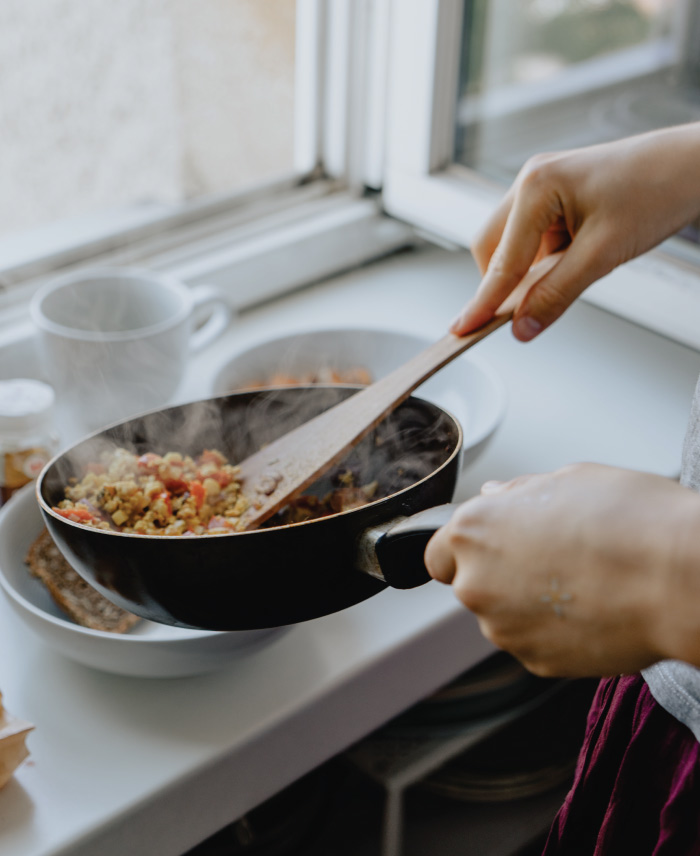
It is important to realize foods are so much more than just a source of energy. Try eating 1,000 calories of French fries and see how energetic you feel! The secret to having tremendous energy, is consuming the vast majority of your calories from unrefined, nutrient-dense plant foods. Plant foods flood your body with a plethora of metabolism-supporting micronutrients. In addition, the nutrients in plant foods are more bioavailable (absorbable) than the nutrients in processed foods or animal foods. The quicker nutrients are extracted from your food, the sooner the food can be eliminated, and this is a key factor in optimizing health as well as eliminating the fatigue, bloating, and other unpleasant symptoms of poor digestion.
A diet with lots of easily digested and easily absorbable micronutrient-rich plant foods will speed digestion. This, in-turn. will help reduce toxins from settling in your colon and infiltrating your body. Raw and low-temperature cooked plant foods are especially beneficial. This is because of their high enzyme content. This helps your body use the energy and nutrients in the food best. While you certainly don’t need to eat all of your foods raw, it is a great idea for energy and health purposes to consciously increase your consumption of raw fruits and vegetables as well as raw nuts and seeds.
And you don’t need to eat less food either. In fact, if you are eating the right kind of foods then you should actually be eating more total volume! The whole concept of “moderation” with eating shouldn’t even be a consideration.
Moderation Is Not Enough
I’m not the only one who dispels the conventional wisdom to simply eat everything in moderation and just reduce total calories without paying attention to what those calories are made of. A federally funded analysis of data collected over 20 years from more than 120,000 U.S. men and women in their 30s, 40s, and 50s found striking differences in how various foods and drinks—as well as exercise, sleep patterns, and other lifestyle choices—affect whether people gradually gain weight or not (1) This 2011 Harvard study was published in the prestigious New England Journal of Medicine and, although the study was not perfect by any means, it was a prospective investigation based on a large number of people followed over multiple 4-year periods and should absolutely make proponents of the “Calories In, Calories Out” mantra rethink their tune.
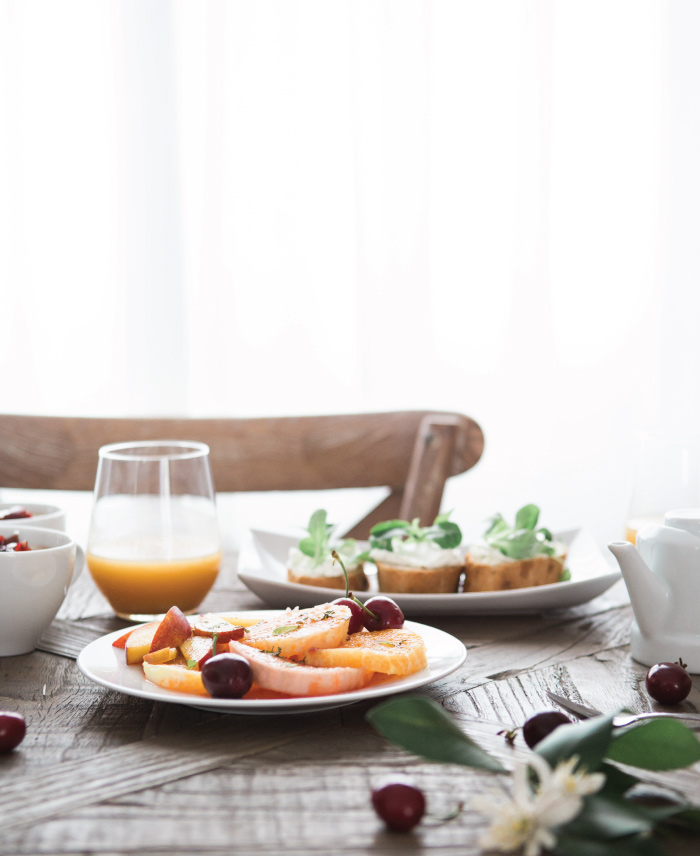
After adjusting for age, baseline body mass index, and lifestyle factors such as exercise and sleep duration, the authors found that the foods most associated with adding pounds over a 4-year period were French fries, potato chips, sugary drinks, meats, sweets, and refined grains. The foods most associated with weight loss were yogurt, nuts, whole grains, fruits, and vegetables. The study showed some foods clearly cause people to put on more weight than others. The foods that cause the most weight gain are the ones that have the most calories with the fewest nutrients. It should be no surprise that the foods that cause the most weight loss are the ones with the most nutrients per calorie.
There are many factors involved in why all calories are not burned the same in our bodies. After all, they are in machines that measures calorie content. It may be that calories packaged with nutrients, including antioxidants and phytonutrients, are just biochemically different from empty calories so our bodies process them differently. And when it comes to promoting health and weight loss, slurping 100 calories of soda pop vs. 100 calories of “whole” orange juice (whole orange segments, including the pulp, which have been processed by a blender and made into juice) offers a profound difference. I couldn’t agree more with Dr. Mozaffarian from the Harvard School of Public Health who led the study: “All foods are not equal, and just eating in moderation is not enough.”
References:
- D. Mozaffarian, T Hao, E. B. Rimm, et al. “Changes in Diet and Lifestyle and Long-Term Weight Gain in Men and Women,” New England Journal of Medicine 364, no25 (2011):2392-404.

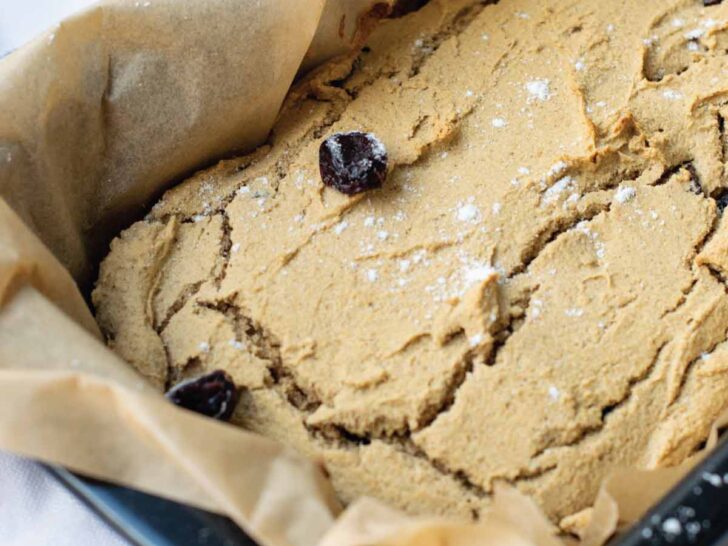
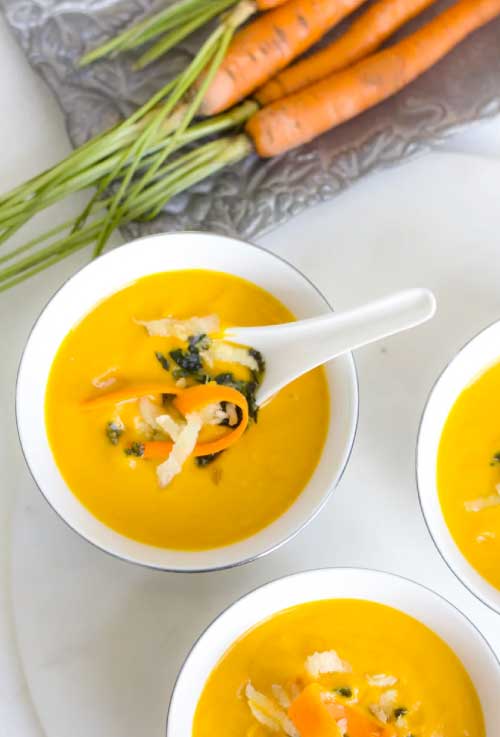


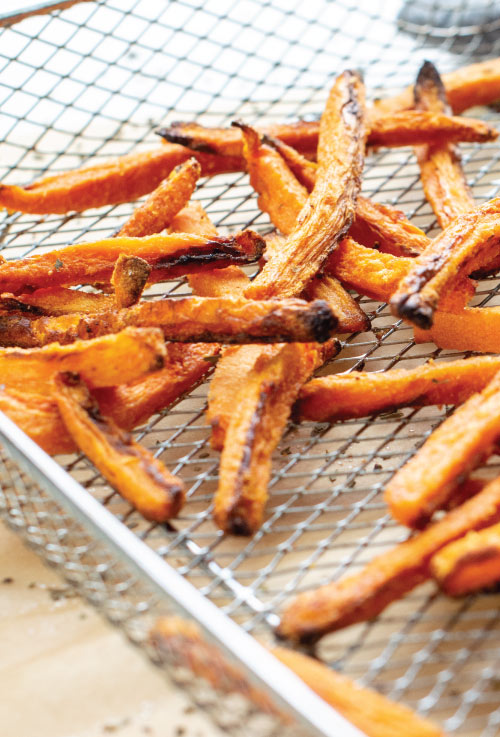

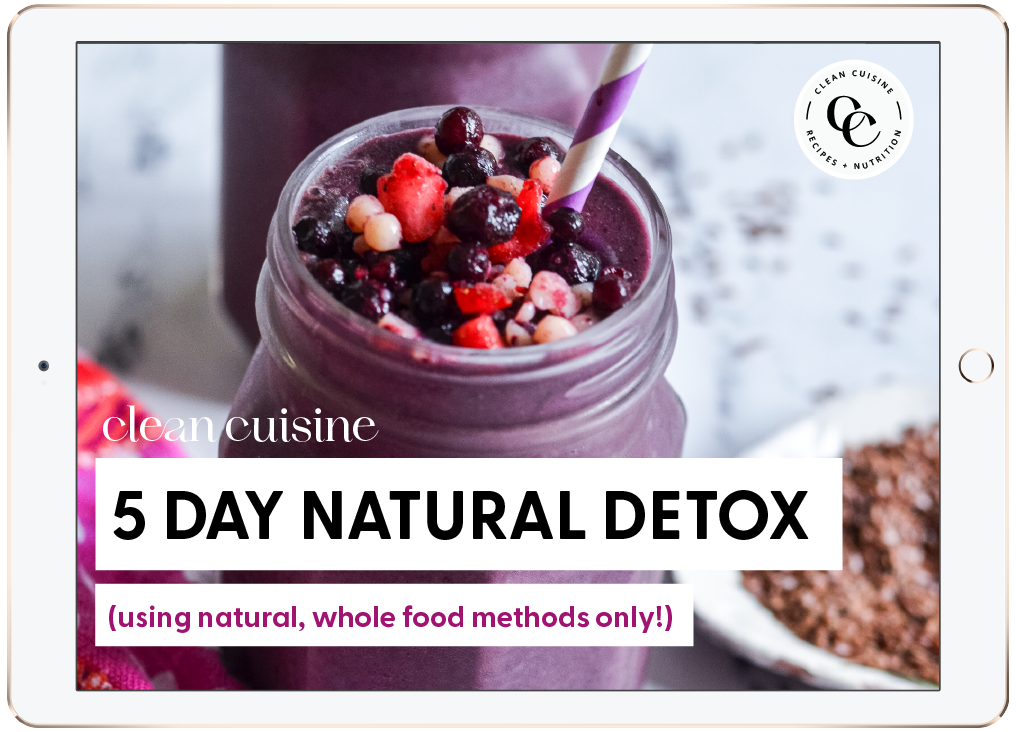
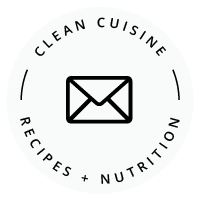
Clean Cuisine Challenge Day 4: Creating Healthy Breakfasts
Thursday 8th of January 2015
[…] read HERE why it is much more effective for weight loss and general health to make your food count […]